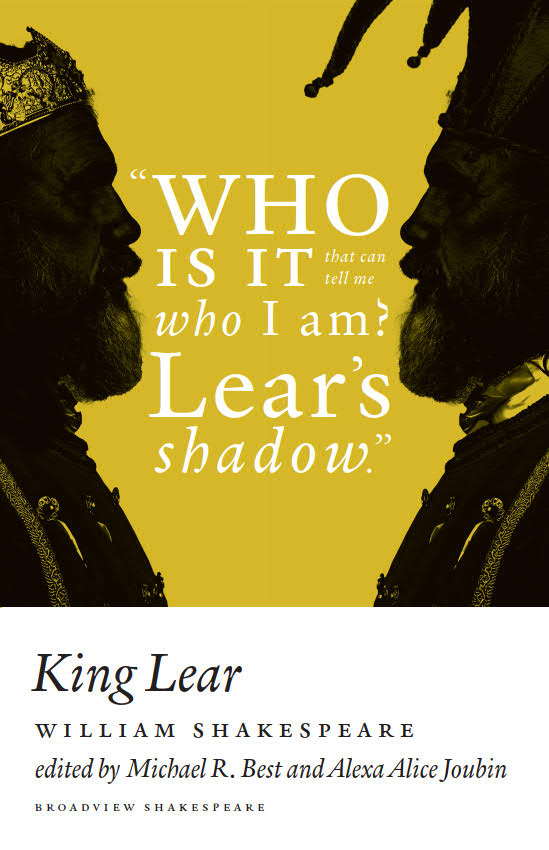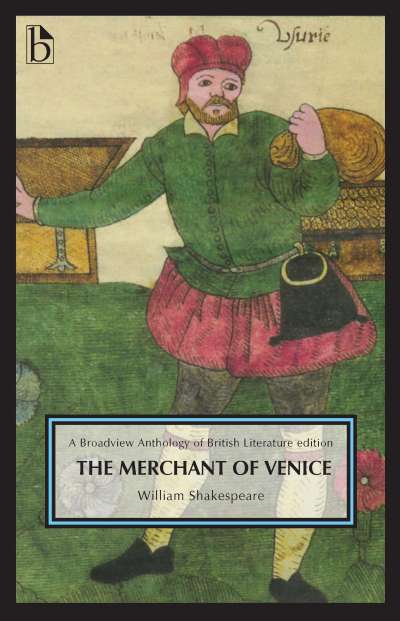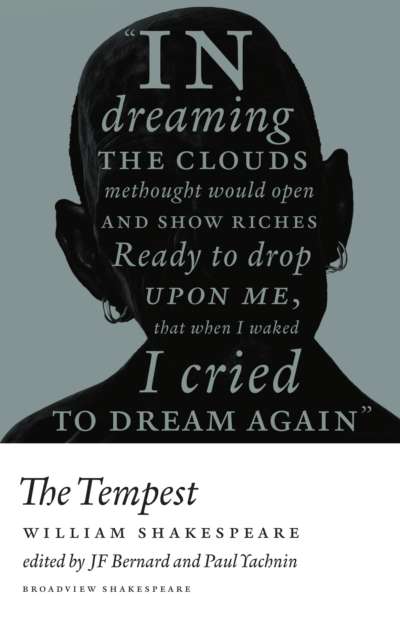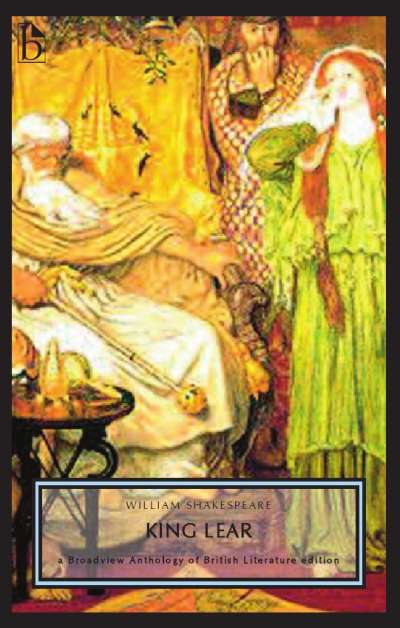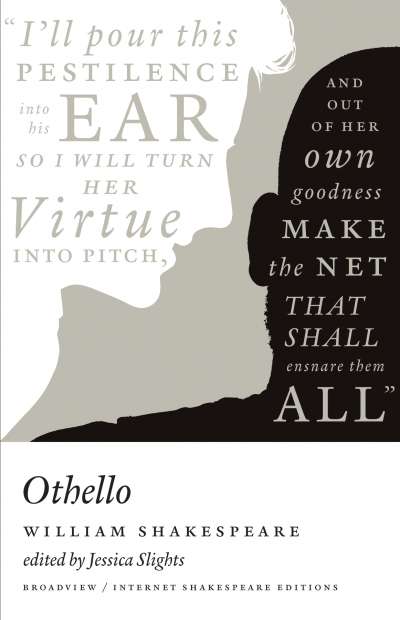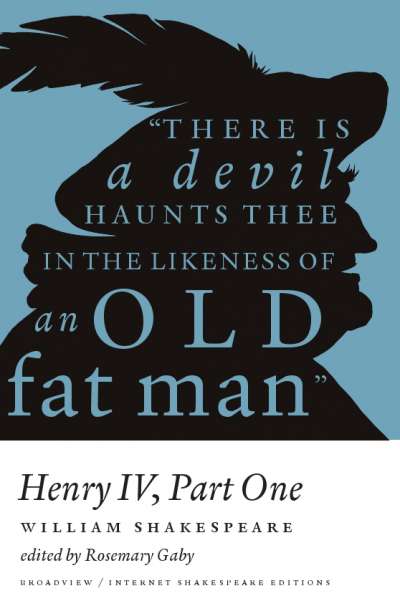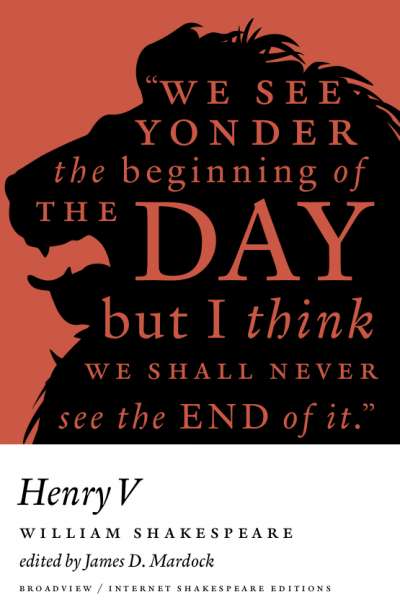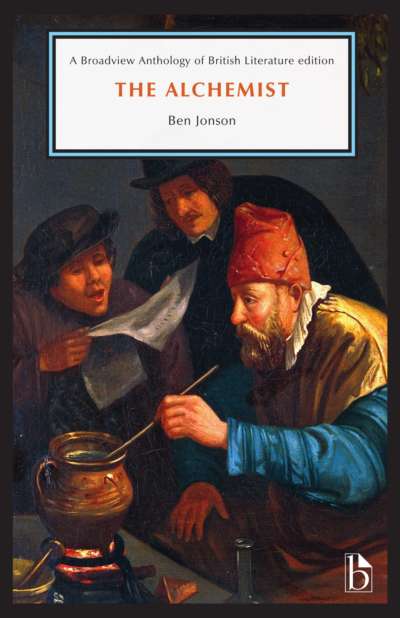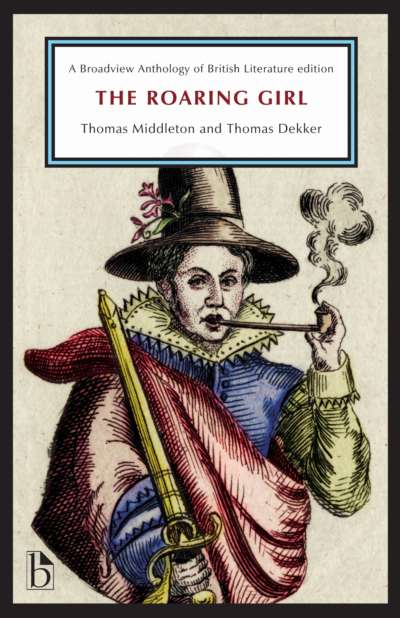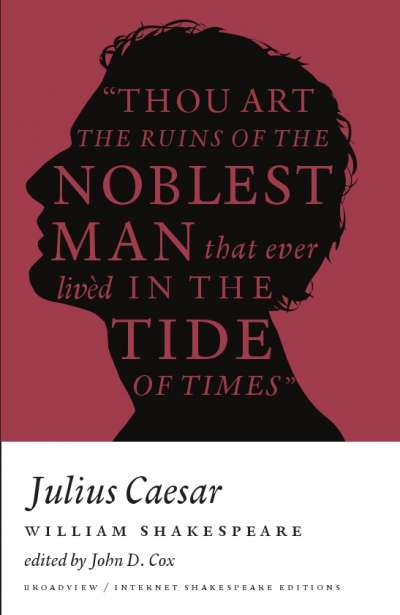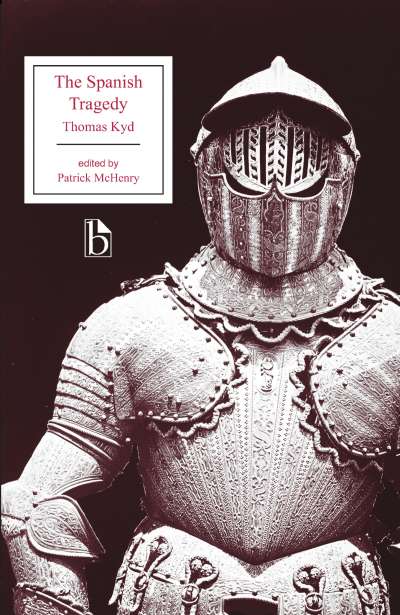
King Lear is a play for our times. The central characters experience intense suffering in a hostile and unpredictable world. They face domestic cruelty, political defeat, and a stormy external environment that invades them “to the skin.” They constantly question the meaning of their experiences as we watch their emotions range from despair to rage to unexpected tenderness and desperate hope as they are rejected, even tortured. Lear’s daughters, as in a fairy tale, are three strong women. The eldest two vie for sexual and political power, while the youngest, Cordelia, is initially banished because of her plain speaking but then returns in a doomed attempt to restore her father to his throne.
King Lear has an unusual performance history. It was significantly revised, by Shakespeare or others, between its first two publications and was then succeeded by an adaptation that softened the ending so that Lear and Cordelia survived. In our own times King Lear is performed around the world in productions that explore its relevance to contemporary political and environmental challenges. This edition offers a distinctive “extended” text, taking the later Folio as a starting point and adding the lines that appear only in the Quarto, distinguished by a light gray background. Variations in individual words that are of critical interest are recorded in the margin.
Comments
“The Broadview King Lear is an excellent edition for students and readers of all ages. It provides a useful, unobtrusive view of the two early versions of Shakespeare’s play-text, a clear and perceptive introduction to some key aspects of that play and to Shakespeare in general, compact glosses of words that might puzzle modern readers, and a well-chosen array of relevant documents that put the play into its key contexts.” — Robert N. Watson, University of California, Los Angeles
“This King Lear stands out for its educationally wise and theatrically astute text. The editors generously supply a cornucopia of supplementary material from historical documents, prior and contemporary historical narratives, and poetic and dramatic sources. The section on past theatrical productions is so well conceived and written that it creates a sense of eye-witnessed events for both new readers and experienced theater buffs. Unlike any previous edition I’ve seen, here the display and explanation of Quarto and Folio variants appear as imaginative invitations rather than as interruptions or confusions to a reader’s movement through the play. Because they are so well presented, these often small-scale but occasionally quite extended textual alternatives from the earliest versions will enlighten new readers and intrigue experienced teachers and players. The variant passages with their notes together reveal themselves as working guides through the practicalities and creative possibilities of staging plays in Shakespeare’s time.” — Steven Urkowitz, Emeritus Professor, English and Theater, City College of New York
“The Broadview Lear is preeminently the best edition for today’s collegiate readers” — A.W. Lee, Choice

